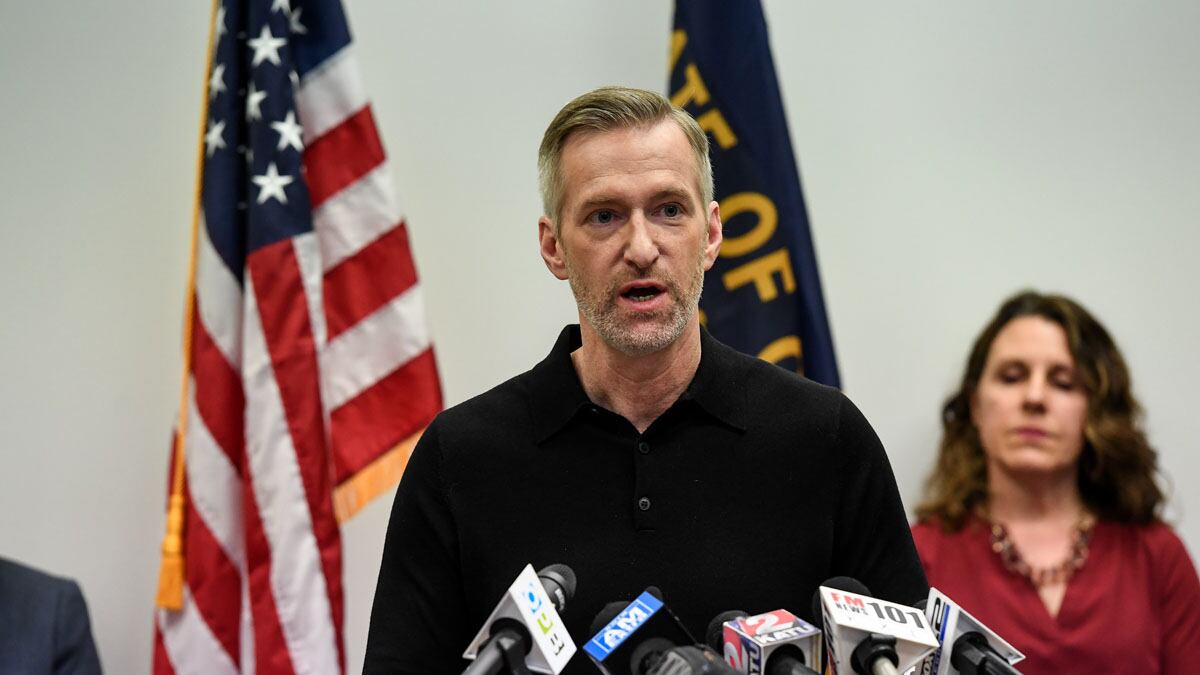Over the past two weeks, Portland Mayor Ted Wheeler has taken a forceful role in combating the COVID-19 pandemic, urging Gov. Kate Brown and other elected officials to take more aggressive measures to slow the spread of the virus. Wheeler succeeded in that aim. But now he must turn his attention to the economic fallout in a city that has ground to a virtual halt. We checked in with him to see how it's going. His answers have been edited for brevity and clarity.
WW: Have the police encountered many instances of people refusing to comply with the governor's order?
Ted Wheeler: I have heard from Chief [Jami] Resch as of this morning that the Police Bureau had issued no criminal citations. So far, warnings have been sufficient. A police officer in a vehicle encountered a group of men playing basketball. They weren't maintaining social distancing. The officer used the loudspeaker in his vehicle to tell them that, and they stopped playing and went on their merry way.
The city and the Multnomah County have temporarily halted evictions. But many cities have gone further and temporarily banned evictions for commercial tenants. Why hasn't that happened here?
We've had a group look at that. The legal advice we've gotten is that it works best and is most defensible if it's done at the state level. I understand it's on the Legislature's agenda. If can't be done statewide, we'll look at something local.
What about people who can't make their home mortgage payments?
Here's what I've learned. Two-thirds of home mortgages are backed by the federal government or a federal agency. If you can demonstrate substantial economic loss because of COVID-19, the feds will work with you. If your mortgage isn't federally backed, it's my understanding that banks and mortgage servicers may also allow you to defer.
The city is getting about $100 million from the federal relief package. What can you tell us about that?
The details so far are minimal. We've been told there are broad criteria for the use of the money: It must be for necessary expenditures incurred directly as a result of COVID-19; the expenditures must not have been budgeted for and must be incurred between March 1 and Dec. 31 of this year. Final regulations will come out next week. We're hoping there aren't a lot of strings attached beyond that and we can use the money helping those who have the greatest immediate needs and are at highest risk of becoming houseless.
We're in the middle of city budget season. What steps are you proposing to reduce expenses? Will there be layoffs?
It's a little premature to talk about layoffs. But the budgetary impact is both sudden and dramatic. We are anticipating a potential reduction of somewhere between $40 million and $100 million to the general fund in the next fiscal year. We've already taken some emergency action: a hiring freeze with some limited exceptions; we've stopped materials and services expenditures; and will be announcing more actions soon.


